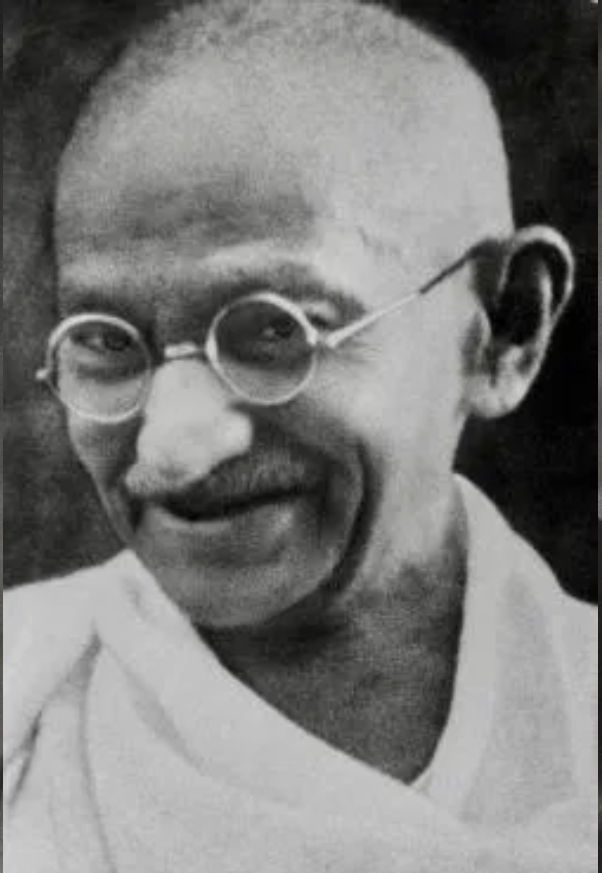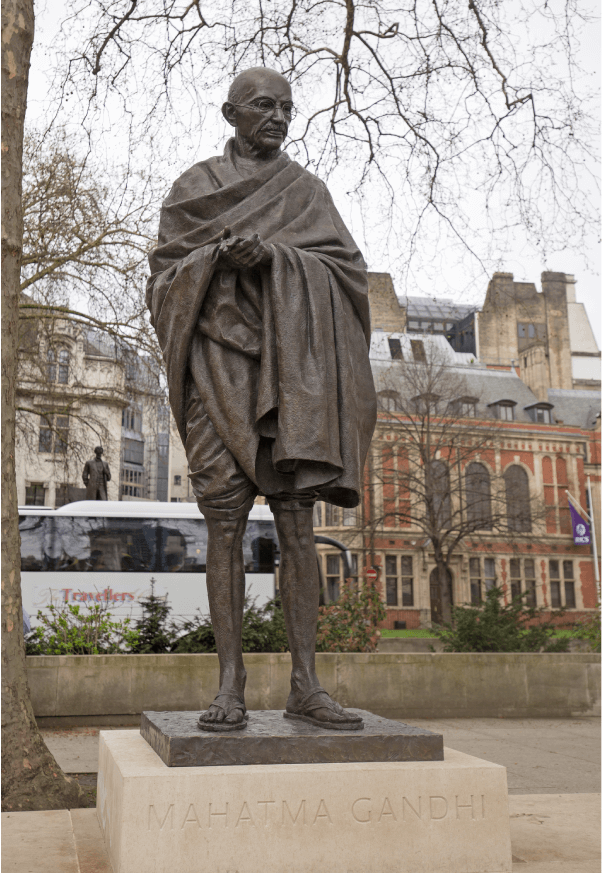Mahatma Gandhi
Indian Lawyer, Politician, Social Activist and Writer
(2nd October 1869 – 30th January 1948)


Peace Quotes
Background
Mahatma Gandhi was born Mohandas Karamchand Gandhi on 2nd October 1869, in Porbandar, India. He emerged as a pivotal figure in promoting global peace through his unwavering commitment to nonviolent resistance.
Educated in law in London, Mahatma initially practiced in South Africa, where he confronted systemic racial discrimination. These experiences were instrumental in shaping his philosophy of Satyagraha, or devotion to truth, and he advocated for civil disobedience to address injustice.
Upon returning to India in 1915, Mahatma joined the Indian National Congress and swiftly became a leading force in the nation’s quest for independence from British rule. He championed the Swadeshi movement, urging Indians to boycott British goods and revive local industries, symbolised by the widespread adoption of hand-spun cloth.
His leadership during the Salt March of 1930, a 240-mile trek to the Arabian Sea to produce salt in defiance of British laws, stands as a testament to his strategy of peaceful protest.
Mahatma’s philosophy of nonviolence, or Ahimsa, was deeply rooted in his spiritual beliefs and had profound global implications.
Beyond his political activism, Mahatma’s principles encompassed economic self-sufficiency, religious tolerance, and the upliftment of marginalised communities.
He tirelessly worked to bridge divides between Hindus and Muslims, especially during periods of communal tension, emphasising unity and mutual respect.
Mahatma Gandhi’s legacy continues to leave a lasting mark on our society to this day, inspiring movements for peace and justice worldwide. His birthday, 2nd October, is globally recognised as the International Day of Nonviolence, reflecting his enduring impact on the pursuit of global harmony.


































